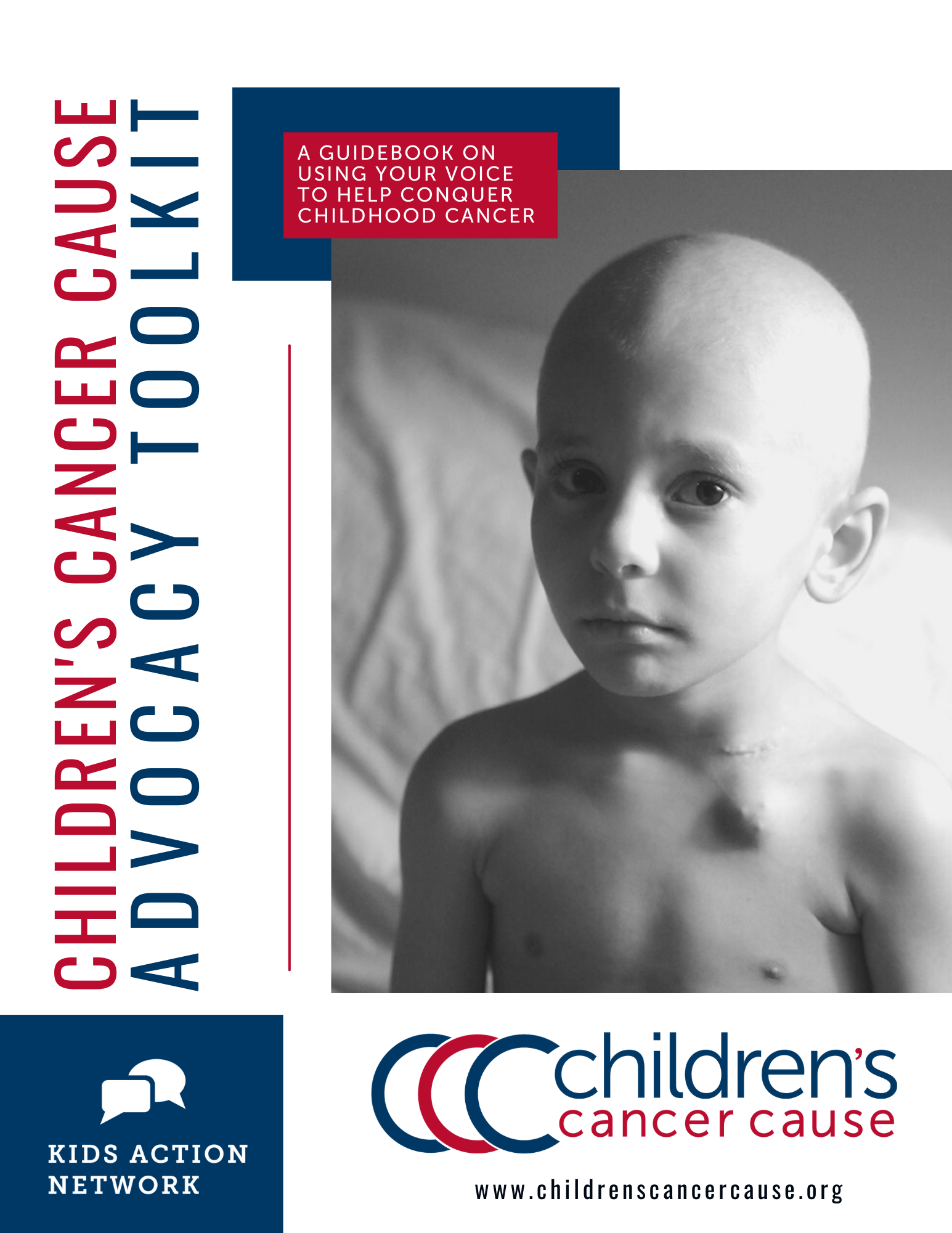Appropriations Update as Congress Breaks for August Recess
Late last week, the Senate Appropriations Committee passed its fiscal year (FY) 2024 appropriations bill out of committee on a bipartisan vote, forgoing a Subcommittee vote.
This is the appropriations bill that includes funding allocations for the National Institutes of Health (NIH) and the National Cancer Institute (NCI). More specifically, it also includes funding for the Childhood Cancer STAR Act, the Childhood Cancer Data Initiative, and the Gabriella Miller Kids First Pediatric Research Program. The programs supported by these NCI initiatives are helping to ensure that progress in childhood cancer research, treatments, and survivorship care is achieved.
Of note, the Senate bill includes all these consensus childhood cancer community recommendations:
NIH/NCI funding: The Senate bill includes $49.2 billion for NIH, including $1.5 billion for ARPA-H. For NCI, the bill includes $7.38 billion, maintaining $216 million for Cancer Moonshot funding and providing an additional $60 million.
Childhood Cancer STAR Act: The Committee included $30 million for continued implementation of the Childhood Cancer STAR Act.
Childhood Cancer Data Initiative (CCDI): The Committee included $50 million for the CCDI.
Gabriella Miller: $12.6 million is included for the Gabriella Miller Kids First Research Act.
In mid-July, the House appropriations subcommittee on Labor, Health and Human Services (HHS), and Education held its markup of the FY24 appropriations bill, with less favorable results. The House subcommittee allocated the NIH with $44.6 billion, a cut of between $2.8 or $3.8 billion, depending on whether ARPA-H is included (as it was cut by $1 billion). The subcommittee funded the NCI at $7.1 billion, which is a cut of $216 million. This amount is what the NCI received from Cancer Moonshot funding in FY23: Cancer Moonshot funding expires this fiscal year, and the House bill - unlike the Senate - does not make up for that shortfall.
Because the full House Committee on Appropriations has not yet marked up the bill, a report isn't available that includes other items of interest to the childhood cancer community.
Congress will pick back up the appropriations process when Members return from the August work period on September 5th. The outlook on funding for medical research is challenging this year, but we are heartened by the Senate bill and its inclusion of key childhood cancer priorities.
As these appropriations bills continue to move through the process, we encourage you to join us in reaching out to lawmakers on Capitol Hill to emphasize the importance of strong funding for the NIH, NCI, and these important childhood cancer research priorities.
Do you have our Childhood Cancer Advocacy Toolkit?
The August recess is a great time to try to find your legislator somewhere near you, and our updated Advocacy Toolkit aims to help. Events in your local community provide an excellent opportunity to build a relationship with your elected representative and to bring attention to childhood cancer issues.
The Advocacy Toolkit includes information on how to find out if a townhall meeting in happening in your area and, if so, how to organize a group of community members to be an effective presence (see pages 29-30). You could also consider inviting your legislator to attend a community event that you're involved with. The Toolkit includes a sample letter of invitation for elected officials (see page 47).

